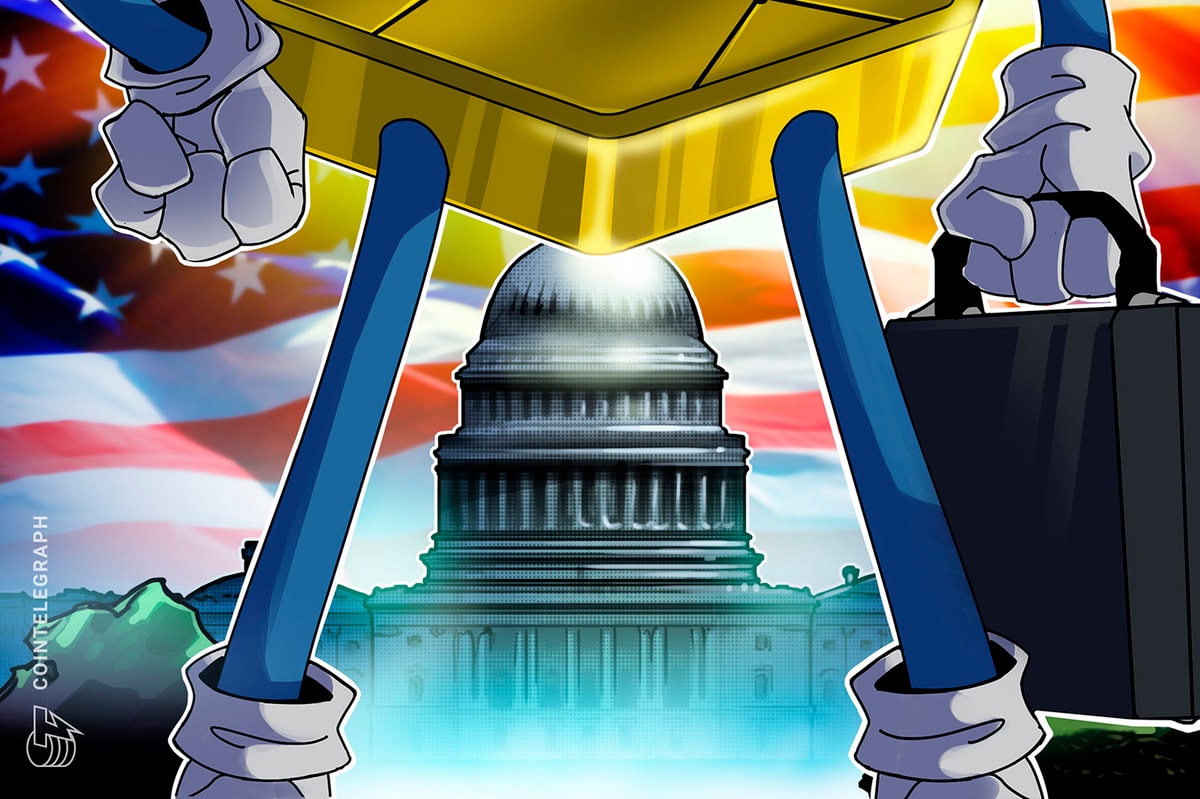The new IRS rules classifying DeFi protocols as brokers have triggered a swift backlash in the crypto industry, with calls for Congress to overturn the rules.
News
The final regulations classifying several decentralized finance (DeFi) protocols as brokers have sparked immediate backlash within the crypto industry, with calls for the incoming Congress to overturn the new rules.
Disclosed on Dec. 27 by the US Internal Revenue Service, the new regulations treat front-end protocols facilitating digital asset transactions as brokers, requiring Know Your Customer disclosures of transactions. According to the agency, the regulations will affect up to 875 DeFi brokers.
The new rules have sparked a widespread backlash on social media, with many legal experts suggesting that the IRS may be overstepping its authority and infringing constitutional rights.
“This unlawful rule is the dying gasp of the anti-crypto army on its way out of power. It must be struck down, either by the courts or the incoming administration,” said Jake Chervinsky, chief legal officer at venture capital firm Variant.
For Alexander Grieve, vice-president of government affairs at venture firm Paradigm, “the new pro-crypto Congress can, and should, roll these back via the CRA process next year,” he said on X.
The CRA, or Congressional Review Act, allows Congress to review and potentially disapprove of regulations issued by agencies like the IRS.
Source: Alexander Grieve
The DeFi broker definition encompasses platforms performing intermediary functions in facilitating transactions, including a group of persons facilitating transactions “whether or not the group operates through a legal entity.”
Miles Jennings, general counsel of a16z Crypto, claimed the rule represents “a fantastical expansion of the words “effectuate transactions” to enable the IRS to ban DeFi.”
Source: Miles Jennings
According to Miles Fuller, director of government solutions at TaxBit, the definition covers any provider that knows “or is in a position to know whether the nature of the transaction involved gives rise to reportable gross proceeds from the sale of digital assets.”
Fuller explained that two specific groups are specifically excluded from the definition: validation services and wallet software providers.
Advocacy group Blockchain Association called the rule “a final attempt” to send the US crypto industry offshore. A statement by the group’s CEO, Kristin Smith, said:
“On behalf of the industry, we’re prepared to take aggressive action to fight back. We also look forward to working with the new pro-crypto Congress and Administration to roll back this and other anti-innovation rules.”
According to the IRS, the new regulations are expected to affect as many as 2.6 million taxpayers.
This article first appeared at Cointelegraph.com News


